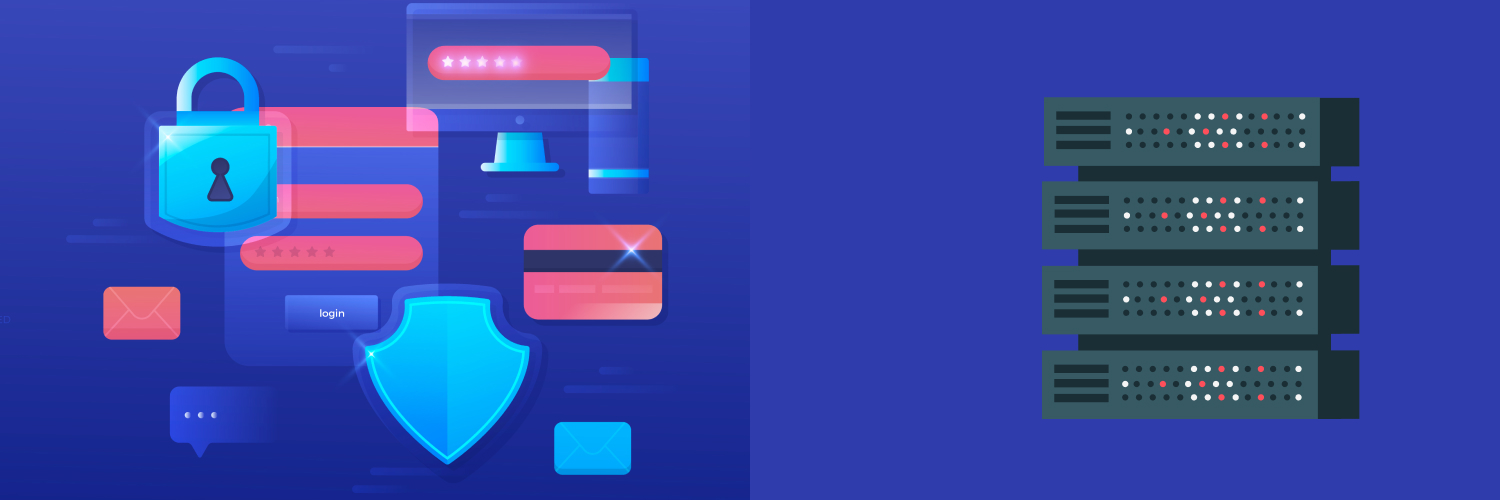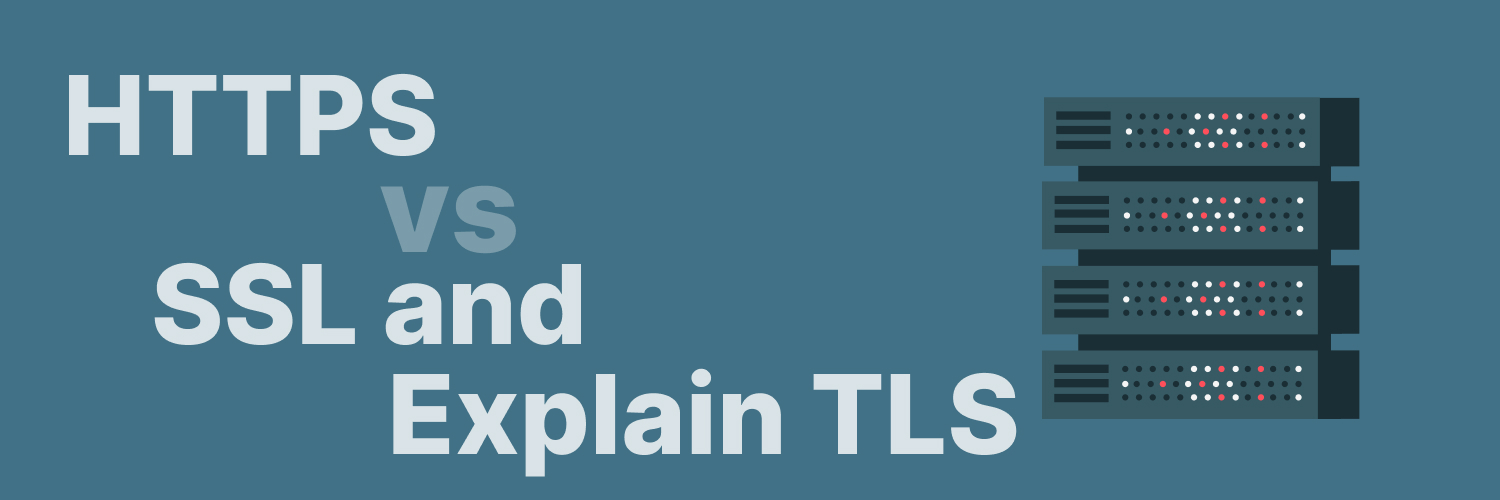How to Use a VPN vs Residential Proxy For Your Tech Needs
You can do essentially anything online these days, from work to shopping to multiplayer gaming. The more opportunities we have on the Internet, the more we have to be careful of our privacy and information. Although the Internet gives us a ton of convenience with the ability to conduct so much business and leisure from our computers, making sure our information stays out of the hands of cyber criminals is incredibly important. Savvy business users who want to keep their privacy in check should consider the VPN vs residential proxy for protecting data and sensitive information, as well as collecting data from across the web for enterprise purposes.
Not only do we need to keep on top of our privacy, VPNs and residential IP proxies allow us to have a more expansive experience of the Internet. You can get the assurance that your personal information (like credit card numbers and addresses) won’t be collected and you’ll be able to do more on the Internet in general. In today’s blog, we’ll go over the differences between a VPN vs residential proxy, and how to choose which one is best for your needs.
VPN vs Residential Proxy

Although a residential VPN and a residential proxy are used for similar reasons, they’re a bit different. VPN stands for Virtual Private Network, and it hides your IP address by encrypting it. When you’re using a VPN and sending requests to websites, a VPN presents a different IP address to the Internet through the encryption process. It scrambles the data so a website can’t see your IP address.
IP addresses are so important to us and to ISPs (Internet Service Providers) because they locate us physically and are a kind of fingerprint for Internet users. The importance of a website knowing where you are physically is for them to be able to show you the correct information. If you search “restaurants” on an online search engine, you want them to show you restaurants that are near you. This is also important for mapping technology.
A residential proxy has the same protective effects of a VPN, but it works a little differently. A residential proxy IP address provides you with an IP address that the website or application you’re using sees instead of your personal device’s IP address.
Residential proxies are very useful because they look like an ISP-installed IP address to websites. There are other kinds of proxies where you can get a lot of IP addresses at once called datacenter proxies—these are useful for doing other kinds of projects. However, websites have been taught to view data center proxies as possible threats because they’re used by malicious bots to collect a lot of information. Sometimes a datacenter proxy can get banned for no reason. A residential proxy, however, looks “cleaner” to the website so it will likely remain unbanned.
Why Use a VPN or Residential Proxy

Although a website or application having access to your IP address means they’ll give you more accurate information, it’s not necessary to have a good online experience—especially if you have a residential proxy.
Some companies take this location targeting too far, and also track your IP address’s behavior for hyper-targeted advertising. A residential IP VPN, which encrypts your IP address, can help block some of that tracking. You can still enter your own information, but using a VPN or a residential proxy will give you a level of protection that makes it easier to surf the Internet.
A VPN is better for an individual user. It applies to only the one device that you’re using, and most users find them beneficial for using streaming services from other countries. Accessing websites that are geoblocked because of location is possible when you have a VPN.
Residential proxies, as opposed to datacenter proxies, are located in your country of residence, so they look less suspicious to websites. If you’re using them to do web scraping research, residential proxies are a much better option because they won’t get banned by the website.
Proxies also have a few different sharing options. You can get a semi-dedicated proxy, a dedicated proxy, or a rotating proxy. A semi-dedicated proxy is shared between three to five users. If you get your proxy from a reliable provider, you don’t have to worry too much about security issues. However, most users might choose a dedicated proxy because it’s just the one proxy IP address for you and you alone. The rotating proxy option is more popular for bigger companies that need to use proxies for web scraping data collection projects. They’re also extra secure because they switch out IP addresses as often as you need, so it’s good for companies working with sensitive information.
Benefits of a VPN vs Residential Proxy

There are some overall benefits that apply to using both a residential services VPN or a residential proxy. Our best reasons are outlined below. In thinking about a VPN vs residential proxy for security, a VPN might work better for an individual user. A residential proxy can be customized for individuals and businesses.
Web scraping
Web scraping is a common practice for digital marketing firms or people trying to stay on top of deals for online shopping. A residential proxy can let you work on this pretty easily without arousing suspicion because the IP address looks safer to websites in general.
IP addresses get banned really easily, so you want to make sure you’re using a good one. A VPN is less useful for web scraping, so rotating proxies tend to be the go-to for web scraping needs.
Security
We’ve already discussed security above in terms of protecting personal information from brands, but it’s larger than just shopping and advertising. There are a lot of free residential proxies and or options for a free residential VPN that will pop up while you’re doing your research—these are not a good idea. Free VPNs and residential proxies are likely used by a lot of people at once and are more susceptible to malicious cyber-attacks.
If you buy a residential proxy from a reliable provider, they’ll be able to guarantee more security measures and keep a better eye on possible security threats. Businesses that employ residential proxies as part of their security strategy have an easier time monitoring potential threats and guarding sensitive information and proprietary data and research. Individuals and businesses can avoid a lot of possible security threats by using residential proxies.
Network speed
Residential proxies have higher bandwidth and usually have better network speeds. Especially if you’re using a dedicated proxy, you’re not fighting for bandwidth with other users. This is the big problem with free proxies or free residential VPNs—they don’t control how many users are surfing the web and there are major lags in internet usage. Proxy servers are also able to distribute traffic more effectively, so there’s less interference.
Global access
For residential proxies, it’s really easy to choose which country you want the residential proxy IP address to be located in. This means you can do research, stream television shows, or check websites that are blocked in your country of origin with very little trouble. Gamers are also big on using proxies so they can get access to different parts of games that are only available in certain countries.
VPNs let you pick which country you want to appear as, too. Residential proxies look more like an IP address that originated from the country that it’s saying it’s from. It’s less likely to look suspicious to streaming services or radio or any other entertainment service you’re using.
Overall, using a VPN vs residential proxy just depends on your use cases. A residential proxy tends to look better to websites and keep you safer, so it’s a good option.
Finding the Best Residential Proxy

When you are considering a VPN vs residential proxy, you should definitely look for a reliable provider who sells a good product. Free residential proxies or VPNs are likely to give you a ton of headaches in the long run, or maybe even more serious issues with your personal information being compromised. Residential proxies are an incredibly safe, sustainable option for being able to get as much out of the Internet as you want. Because they’re less likely to get banned, you have to worry less about replacing it if it does get banned.
Rayobyte takes your Internet needs and security as seriously as you do. We have been able to source ethical, top-quality residential proxies that are safe and clean for all users. They’re a higher investment than our datacenter proxies, but they provide such a great service that they’re worth the money. Rayobyte is committed to our customers, which is why we offer 24/7 customer service, and the ability to customize your proxy plans however you need them. Our team of experts is able to answer all of your questions for your individual or business use needs for residential proxies.
We have residential proxies available right now, so you can get in on the ground floor and get access to this amazing technology ahead of your business competition.
Final Thoughts: Making a Decision

When you’re making a final decision on the VPN vs residential proxy issue, a residential proxy is a more reliable, stable decision. VPNs will continue to be available and work for individual users, but residential proxies are better for individuals and businesses. So many of us use the Internet every day for work and entertainment, and we want to make sure that we’re using it safely and smartly. Residential proxies are a great way to ensure that your data won’t be tracked, and you’ll be able to access more of the global Internet.
The information contained within this article, including information posted by official staff, guest-submitted material, message board postings, or other third-party material is presented solely for the purposes of education and furtherance of the knowledge of the reader. All trademarks used in this publication are hereby acknowledged as the property of their respective owners.





